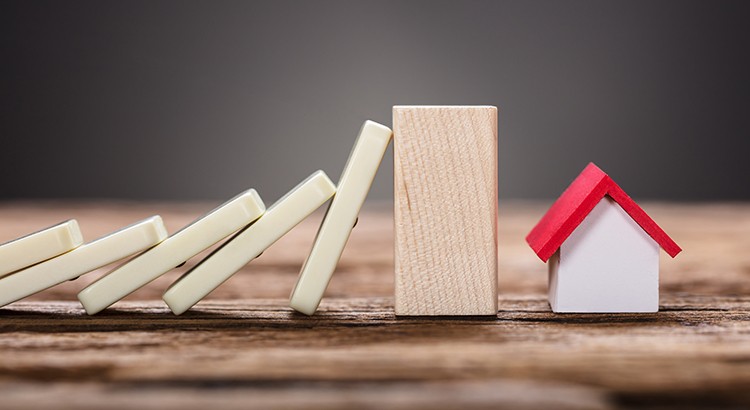
“Here’s some information to help you get started so you’re not caught off guard when it’s time to close on your home.”
As a homebuyer, it’s important to plan and budget for the expenses you’ll encounter when you purchase a home. While most people understand the need to save for a down payment, a recent survey found 41% of homebuyers were surprised by their closing costs. Here’s some information to help you get started so you’re not caught off guard when it’s time to close on your home.
What Are Closing Costs?
One possible reason some people are surprised by closing costs may be because they don’t know what they are or what they cover. According to U.S. News and World Report:
“Closing costs encompass a variety of expenses above your property’s purchase price. They include things like lender fees, title insurance, government processing fees, upfront tax payments and homeowners insurance.”
In other words, your closing costs are a collection of fees and payments made to a variety of individuals and organizations who are involved with your transaction. According to Freddie Mac, while they can vary by location and situation, closing costs typically include:
- Government recording costs
- Appraisal fees
- Credit report fees
- Lender origination fees
- Title services
- Tax service fees
- Survey fees
- Attorney fees
- Underwriting Fees
How Much Will You Need To Budget for Closing Costs?
Understanding what closing costs include is important, but knowing what you’ll need to budget to cover them is critical to achieving your homebuying goals. According to the Freddie Mac article mentioned above, the costs to close are typically between 2% and 5% of the total purchase price of your home. With that in mind, here’s how you can get an idea of what you’ll need to cover your closing costs.
Let’s say you find a home you want to purchase for the median price of $350,300. Based on the 2-5% Freddie Mac estimate, your closing fees could be between roughly $7,000 and $17,500.
Keep in mind, if you’re in the market for a home above or below this price range, your closing costs will be higher or lower.
What’s the Best Way To Make Sure You’re Prepared At Closing Time?
Freddie Mac provides great advice for homebuyers, saying:
“As you start your homebuying journey, take the time to get a sense of all costs involved – from your down payment to closing costs.”
The best way to understand what you’ll need at the closing table is to work with a team of trusted real estate professionals. An agent can help connect you with a lender, and together they can provide you with answers to the questions you might have.
Bottom Line
In today’s real estate market, it’s more important than ever to make sure your budget includes any fees and payments due at closing. Let’s connect so you have the knowledge you need to be confident going into the homebuying process.
To view original article, visit Keeping Current Matters.
The Best Use of Time (and Money) When It Comes to Renovations
The pandemic kept people at home last year, and during that time, many homeowners completed some home improvement projects.
Are Houses Less Affordable Than They Were in Past Decades?
If you want to buy a home, don’t let the headlines about affordability discourage you.
The Community and Economic Impacts of a Home Sale
When you buy or sell a home, you’re leaving a lasting impression on the community at large in addition to fulfilling your own needs.
Surprising Shift Favors Homeowners: Buyers Now Prefer Existing Homes
Existing homes are now the top preference among today’s buyers. Are you ready to sell?
Sellers: Make Today’s Home Price Appreciation Work for You
While prices aren’t expected to depreciate, the rise in prices is forecast to moderate over the next few years.
Key Questions To Ask Yourself Before Buying a Home
Homeownership is life-changing, and buying a home can positively impact you in so many ways.





